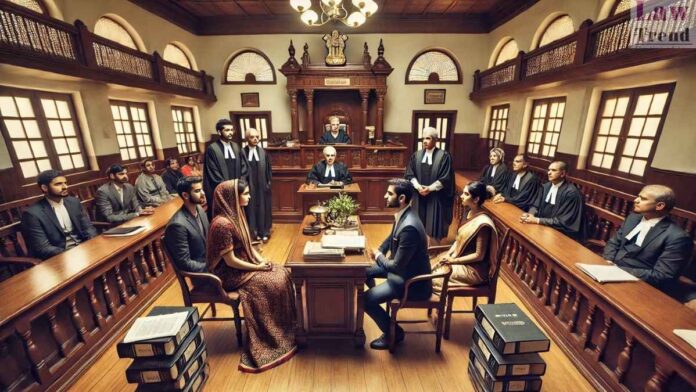In a notable judgment, the Madras High Court’s Madurai Bench, presided over by Justice V. Bhavani Subbaroyan and Justice K.K. Ramakrishnan, has not only granted a divorce in a high-profile case but also issued an appeal to the Bar Council of India and the Tamil Nadu and Puducherry Bar Council to establish clear guidelines for
To Read More Please Subscribe to VIP Membership for Unlimited Access to All the Articles, Download Available Copies of Judgments/Order, Acess to Central/State Bare Acts, Advertisement Free Content, Access to More than 4000 Legal Drafts( Readymade Editable Formats of Suits, Petitions, Writs, Legal Notices, Divorce Petitions, 138 Notices, Bail Applications etc.) in Hindi and English.




